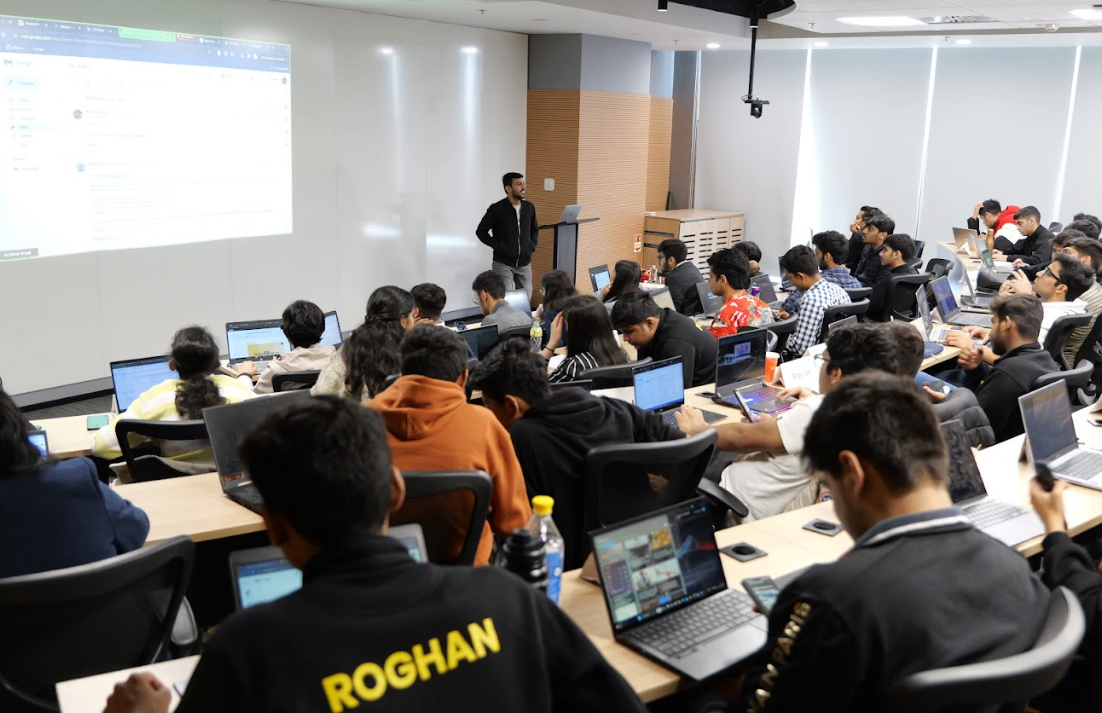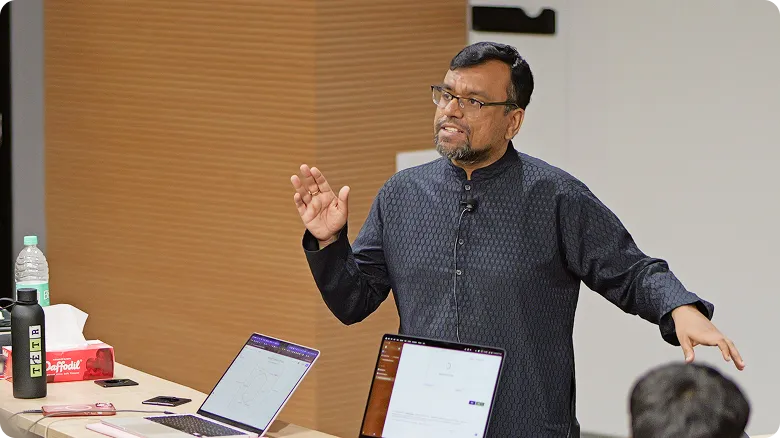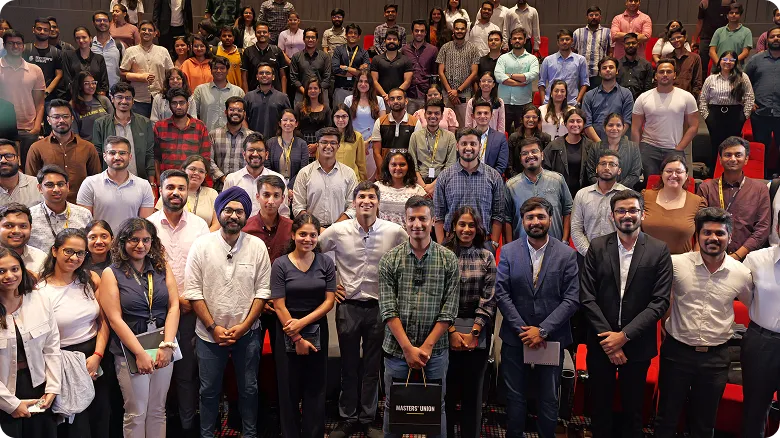Undergraduate
Undergraduate (Global)
Postgraduate
PGP in Technology and Business Management
PGP in Technology & Business Management
(Young Leaders Cohort)
PGP in Human Resources & Organisation Strategy
PGP in Sports Management & Gaming
PGP in Applied AI & Agentic Systems
PGP in UI/UX & Product Design
PGP in Sustainability & Business Management
PGP Bharat
Executive
Family Business
Careers
Innovations
Faculty
MU Ventures
Enterprise Education
Student Life
Jobs
Become a Master
events
For Companies
Blog
Business
Apple's Strategic Shift: Manufacturing and Retail Expansion in India
March 12, 2025

Apple’s growing presence in India marks a significant shift in its global strategy. In recent years, the tech giant has moved a portion of its iPhone production to India, partnering with local manufacturers like Tata Electronics and opening flagship retail stores in Mumbai and Delhi. This move is not just about tapping into India’s massive consumer base—it represents a broader effort to diversify supply chains, reduce dependency on China, and strengthen India's position in the global technology landscape.
Why India? The strategic rationale
-
Reducing dependence on China: With geopolitical tensions and trade restrictions impacting global supply chains, Apple is actively seeking alternative manufacturing hubs. India, with its large skilled workforce, government incentives, and improving infrastructure, has emerged as a key player in this transition.
-
India’s growing consumer market: India is one of the world’s fastest-growing smartphone markets. As disposable incomes rise, there is increasing demand for premium smartphones, making India a strategic market for Apple’s high-end products.
-
Government Incentives & Make in India Push: The Indian government has introduced Production Linked Incentives (PLI) and eased regulations to attract global manufacturers. Apple’s contract manufacturers—Foxconn, Pegatron, and Wistron (now acquired by Tata Electronics)—are benefiting from these incentives, further solidifying India as a major iPhone production hub.
-
Retail Expansion to Strengthen Brand Presence: The launch of Apple’s first two official stores in Mumbai and Delhi is a game-changer. Previously, Apple relied on third-party resellers, but direct retail presence allows better customer engagement, after-sales services, and ecosystem expansion through accessories and services like AppleCare+.
Impact on India's manufacturing sector
-
Boost to local manufacturing: Apple’s partnerships with Indian manufacturers, including Tata Electronics, are expected to create thousands of jobs and bring advanced assembly-line expertise to India.
-
Strengthening India’s role in global supply chains: With iPhone exports from India rising, the country is becoming an important hub for high-end electronics manufacturing.
-
Encouraging More Global Players to Invest: Apple’s success in India may encourage other tech giants to expand local production, boosting the overall electronics ecosystem.
Challenges & the road ahead
-
Supply chain maturity: While India is making progress, the lack of advanced semiconductor and component manufacturing remains a challenge.
-
Infrastructure & logistics: Ensuring smooth operations requires continued improvements in transport, warehousing, and energy reliability.
-
Skilling & workforce development: To sustain high-end manufacturing, India must invest in technical education and workforce upskilling.
Apple’s strategic expansion in manufacturing and retail in India is a win-win scenario—for Apple, it reduces supply chain risks, and for India, it strengthens its position as a global technology manufacturing hub. With continued policy support and infrastructure development, this move could reshape India's role in the global electronics market.

















